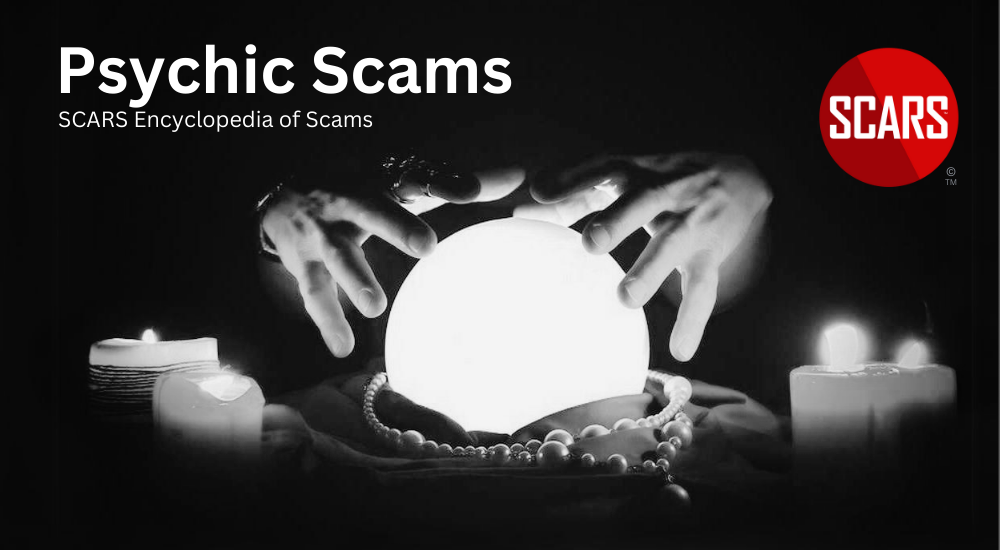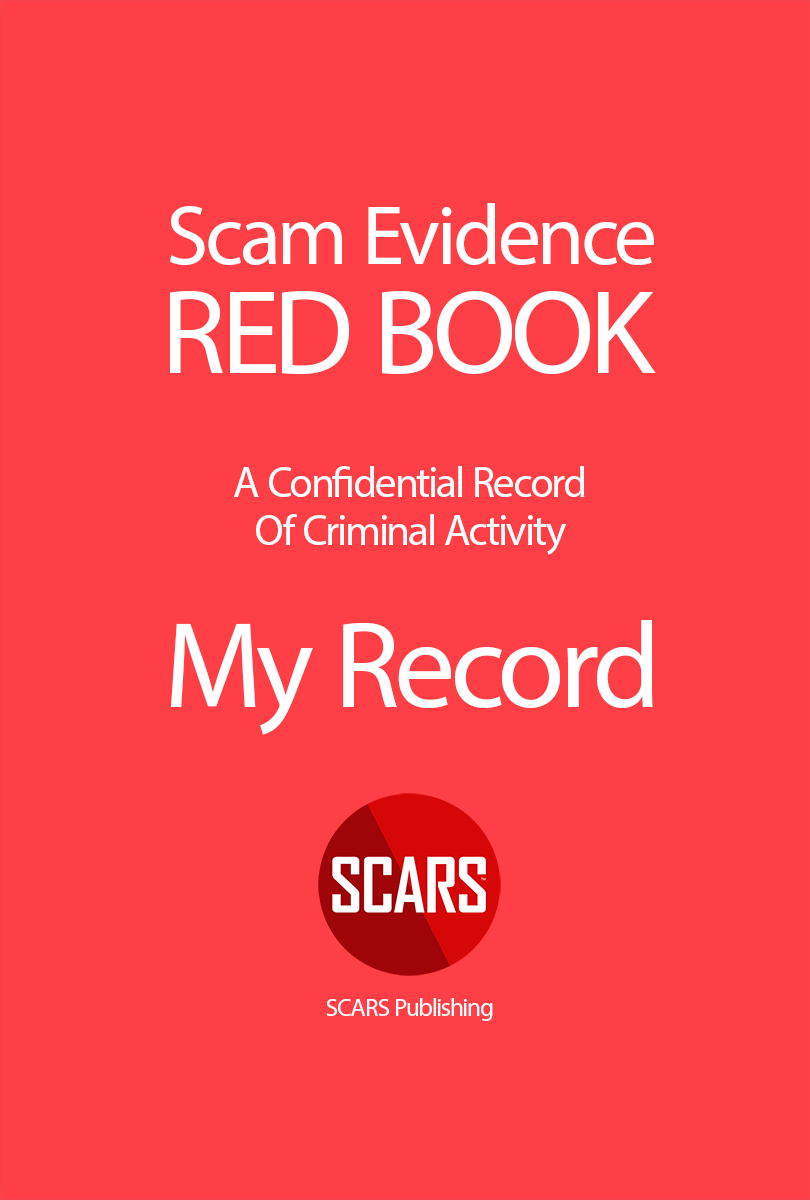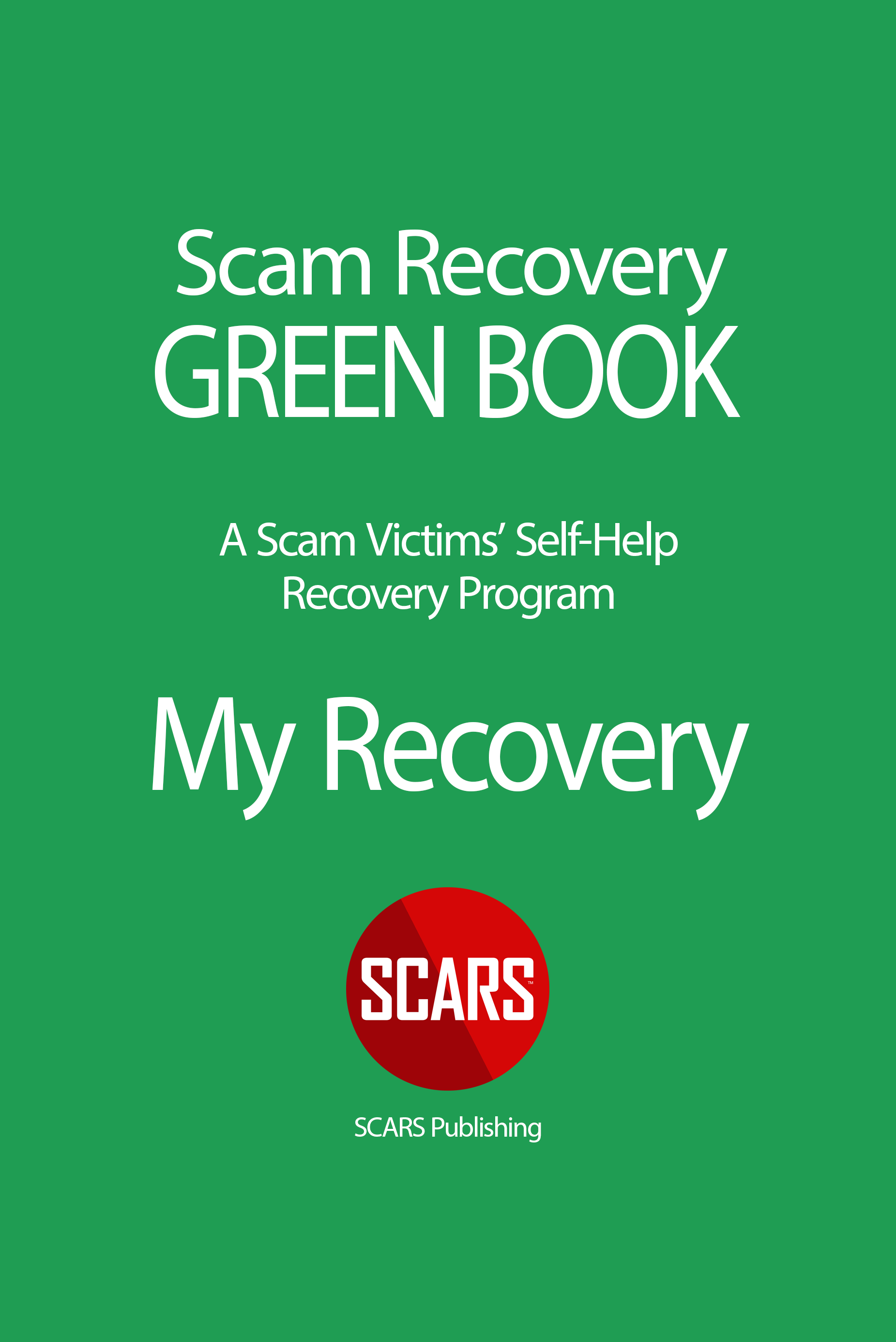
SCARS Institute’s Encyclopedia of Scams™ Published Continuously for 25 Years

Home Buyer Deposit Theft/Scams/Fraud
Helping Home Buyers Understand the Dangers They Face
Scam Basics – A SCARS Insight
Author:
• SCARS Institute Encyclopedia of Scams Editorial Team – Society of Citizens Against Relationship Scams Inc.
Article Abstract
Home buyer deposit scams are on the rise, targeting individuals in the process of purchasing property. Scammers often hack email accounts of real estate agents or conveyancers, sending fraudulent emails that appear legitimate, and requesting deposit transfers to bogus accounts.
Techniques include email spoofing, phishing, and creating fake websites.
To protect yourself, always verify payment instructions directly with your agent or solicitor, be skeptical of urgent changes, use secure communication methods, and monitor your accounts. If scammed, act swiftly by contacting your bank and reporting the fraud to authorities.
Vigilance is crucial to avoid these sophisticated scams.

Home Buyer Deposit Scams: A Growing Threat for Every Home Buyer Everywhere in the World!
In recent times, there has been a notable rise in home buyer deposit scams, a sophisticated fraud targeting individuals in the process of purchasing property. These scams typically involve criminals hacking into email accounts of real estate agents or conveyancers and monitoring communications. When the buyer is due to transfer their deposit, the fraudsters send a fake email, seemingly from the agent or solicitor, with fraudulent bank details.
Home Buyer Deposit Scam: How It Operates
The modus operandi of these fraudsters involves intercepting email communications. They often send an urgent email, under the guise of the real estate agent, claiming a last-minute change in bank details. Unsuspecting buyers, eager to secure their property, may transfer substantial sums of money to the fraudsters’ account, which is then quickly siphoned off, leaving victims without recourse.
Home buyer deposit scams have become increasingly sophisticated, using a variety of deceptive methods to steal large sums of money from unsuspecting victims. Here are the primary techniques scammers use:
- Email Hacking and Interception: Scammers hack into the email accounts of real estate agents or conveyancers to monitor communications between the buyer and the agent. When the time comes to transfer the deposit, they send a fake email, seemingly from the agent, with fraudulent bank details.
- Spoofing Email Addresses: Fraudsters create email addresses that closely resemble those of legitimate agents or solicitors. They send messages from these spoofed addresses, instructing the buyer to transfer the deposit to a new account due to an “urgent” change in banking details.
- Phishing Emails: These emails are crafted to look like they are from the real estate agent or solicitor, often containing urgent messages about changes in payment details. They may include official logos and signatures to make them appear authentic.
- Phone Call Follow-Ups: To add credibility, scammers might follow up their fraudulent emails with phone calls, impersonating the agent or solicitor to reassure the buyer and urge them to complete the transfer quickly.
- Creating Fake Websites: Some scammers go to the extent of creating fake websites that mimic those of real estate agencies or conveyancers. They provide these websites as part of their communication to build trust and ensure the buyer falls for the scam.
- Interception of Mail: In some cases, scammers intercept physical mail containing sensitive information about the property transaction. They then use this information to craft convincing communications to the buyer.
Home Buyer Deposit Scam: Warning Signs
To protect against these scams, buyers should be vigilant about any last-minute changes in payment instructions. Always verify bank details directly with the agent or solicitor via a known phone number before making any transfers. Look for signs of phishing, such as unusual email addresses or poor grammar. Using encrypted email services for sensitive communications can also add a layer of protection.
Home Buyer Deposit Scam: Protecting Yourself
- Verify Communication Channels: Always verify any changes in payment details through a known phone number or in-person visit.
- Be Skeptical of Urgent Changes: Treat last-minute changes in bank details with skepticism and verify directly with your agent or solicitor.
- Use Secure Email Services: Opt for encrypted email services for communicating sensitive information.
- Monitor Your Accounts: Regularly check your bank accounts and transactions for any unauthorized activities.
By staying vigilant and verifying all communication channels, home buyers can protect themselves from falling victim to these sophisticated scams.
Steps to Take if Scammed
If you fall victim to a deposit scam, it’s crucial to act swiftly. Contact your bank immediately to try to halt the transaction. Report the fraud to Action Fraud or the appropriate authorities in your country. Additionally, notify your real estate agent and solicitor to prevent further breaches.
Remember
Home buyer deposit scams are a growing threat in the real estate market. By remaining vigilant, verifying payment details through multiple channels, and using secure communication methods, buyers can significantly reduce their risk of falling prey to these sophisticated frauds. Always approach sudden changes in payment instructions with caution and prioritize direct verification to safeguard your hard-earned money.
-/ 30 /-
What do you think about this?
Please share your thoughts in a comment below!
Table of Contents
- Helping Home Buyers Understand the Dangers They Face
- Article Abstract
- Home Buyer Deposit Scams: A Growing Threat for Every Home Buyer Everywhere in the World!
- Home Buyer Deposit Scam: How It Operates
- Home Buyer Deposit Scam: Warning Signs
- Home Buyer Deposit Scam: Protecting Yourself
- Steps to Take if Scammed
- Remember
- More:
LEAVE A COMMENT?
Recent Comments
On Other Articles
- velma faile on Finally Tax Relief for American Scam Victims is on the Horizon – 2026: “I just did my taxes for 2025 my tax account said so far for romances scam we cd not take…” Feb 25, 19:50
- on Reporting Scams & Interacting With The Police – A Scam Victim’s Checklist [VIDEO]: “Yes, this is a scam. For your own sanity, just block them completely.” Feb 25, 15:37
- on Danielle Delaunay/Danielle Genevieve – Stolen Identity/Stolen Photos – Impersonation Victim UPDATED 2024: “She goes by the name of Sanrda John now” Feb 25, 10:26
- on Reporting Scams & Interacting With The Police – A Scam Victim’s Checklist [VIDEO]: “So far I have not been scam out of any money because I was aware not to give the money…” Feb 25, 07:46
- on Love Bombing And How Romance Scam Victims Are Forced To Feel: “I was love bombed to the point that I would do just about anything for the scammer(s). I was told…” Feb 11, 14:24
- on Dani Daniels (Kira Lee Orsag): Another Scammer’s Favorite: “You provide a valuable service! I wish more people knew about it!” Feb 10, 15:05
- on Danielle Delaunay/Danielle Genevieve – Stolen Identity/Stolen Photos – Impersonation Victim UPDATED 2024: “We highly recommend that you simply turn away form the scam and scammers, and focus on the development of a…” Feb 4, 19:47
- on The Art Of Deception: The Fundamental Principals Of Successful Deceptions – 2024: “I experienced many of the deceptive tactics that romance scammers use. I was told various stories of hardship and why…” Feb 4, 15:27
- on Danielle Delaunay/Danielle Genevieve – Stolen Identity/Stolen Photos – Impersonation Victim UPDATED 2024: “Yes, I’m in that exact situation also. “Danielle” has seriously scammed me for 3 years now. “She” (he) doesn’t know…” Feb 4, 14:58
- on An Essay on Justice and Money Recovery – 2026: “you are so right I accidentally clicked on online justice I signed an agreement for 12k upfront but cd only…” Feb 3, 08:16
ARTICLE META
Important Information for New Scam Victims
- Please visit www.ScamVictimsSupport.org – a SCARS Website for New Scam Victims & Sextortion Victims
- Enroll in FREE SCARS Scam Survivor’s School now at www.SCARSeducation.org
- Please visit www.ScamPsychology.org – to more fully understand the psychological concepts involved in scams and scam victim recovery
If you are looking for local trauma counselors please visit counseling.AgainstScams.org or join SCARS for our counseling/therapy benefit: membership.AgainstScams.org
If you need to speak with someone now, you can dial 988 or find phone numbers for crisis hotlines all around the world here: www.opencounseling.com/suicide-hotlines
A Note About Labeling!
We often use the term ‘scam victim’ in our articles, but this is a convenience to help those searching for information in search engines like Google. It is just a convenience and has no deeper meaning. If you have come through such an experience, YOU are a Survivor! It was not your fault. You are not alone! Axios!
A Question of Trust
At the SCARS Institute, we invite you to do your own research on the topics we speak about and publish, Our team investigates the subject being discussed, especially when it comes to understanding the scam victims-survivors experience. You can do Google searches but in many cases, you will have to wade through scientific papers and studies. However, remember that biases and perspectives matter and influence the outcome. Regardless, we encourage you to explore these topics as thoroughly as you can for your own awareness.
Statement About Victim Blaming
SCARS Institute articles examine different aspects of the scam victim experience, as well as those who may have been secondary victims. This work focuses on understanding victimization through the science of victimology, including common psychological and behavioral responses. The purpose is to help victims and survivors understand why these crimes occurred, reduce shame and self-blame, strengthen recovery programs and victim opportunities, and lower the risk of future victimization.
At times, these discussions may sound uncomfortable, overwhelming, or may be mistaken for blame. They are not. Scam victims are never blamed. Our goal is to explain the mechanisms of deception and the human responses that scammers exploit, and the processes that occur after the scam ends, so victims can better understand what happened to them and why it felt convincing at the time, and what the path looks like going forward.
Articles that address the psychology, neurology, physiology, and other characteristics of scams and the victim experience recognize that all people share cognitive and emotional traits that can be manipulated under the right conditions. These characteristics are not flaws. They are normal human functions that criminals deliberately exploit. Victims typically have little awareness of these mechanisms while a scam is unfolding and a very limited ability to control them. Awareness often comes only after the harm has occurred.
By explaining these processes, these articles help victims make sense of their experiences, understand common post-scam reactions, and identify ways to protect themselves moving forward. This knowledge supports recovery by replacing confusion and self-blame with clarity, context, and self-compassion.
Additional educational material on these topics is available at ScamPsychology.org – ScamsNOW.com and other SCARS Institute websites.
Psychology Disclaimer:
All articles about psychology and the human brain on this website are for information & education only
The information provided in this article is intended for educational and self-help purposes only and should not be construed as a substitute for professional therapy or counseling.
While any self-help techniques outlined herein may be beneficial for scam victims seeking to recover from their experience and move towards recovery, it is important to consult with a qualified mental health professional before initiating any course of action. Each individual’s experience and needs are unique, and what works for one person may not be suitable for another.
Additionally, any approach may not be appropriate for individuals with certain pre-existing mental health conditions or trauma histories. It is advisable to seek guidance from a licensed therapist or counselor who can provide personalized support, guidance, and treatment tailored to your specific needs.
If you are experiencing significant distress or emotional difficulties related to a scam or other traumatic event, please consult your doctor or mental health provider for appropriate care and support.
Also read our SCARS Institute Statement about Professional Care for Scam Victims – click here to go to our ScamsNOW.com website.


















Thank you for your comment. You may receive an email to follow up. We never share your data with marketers.